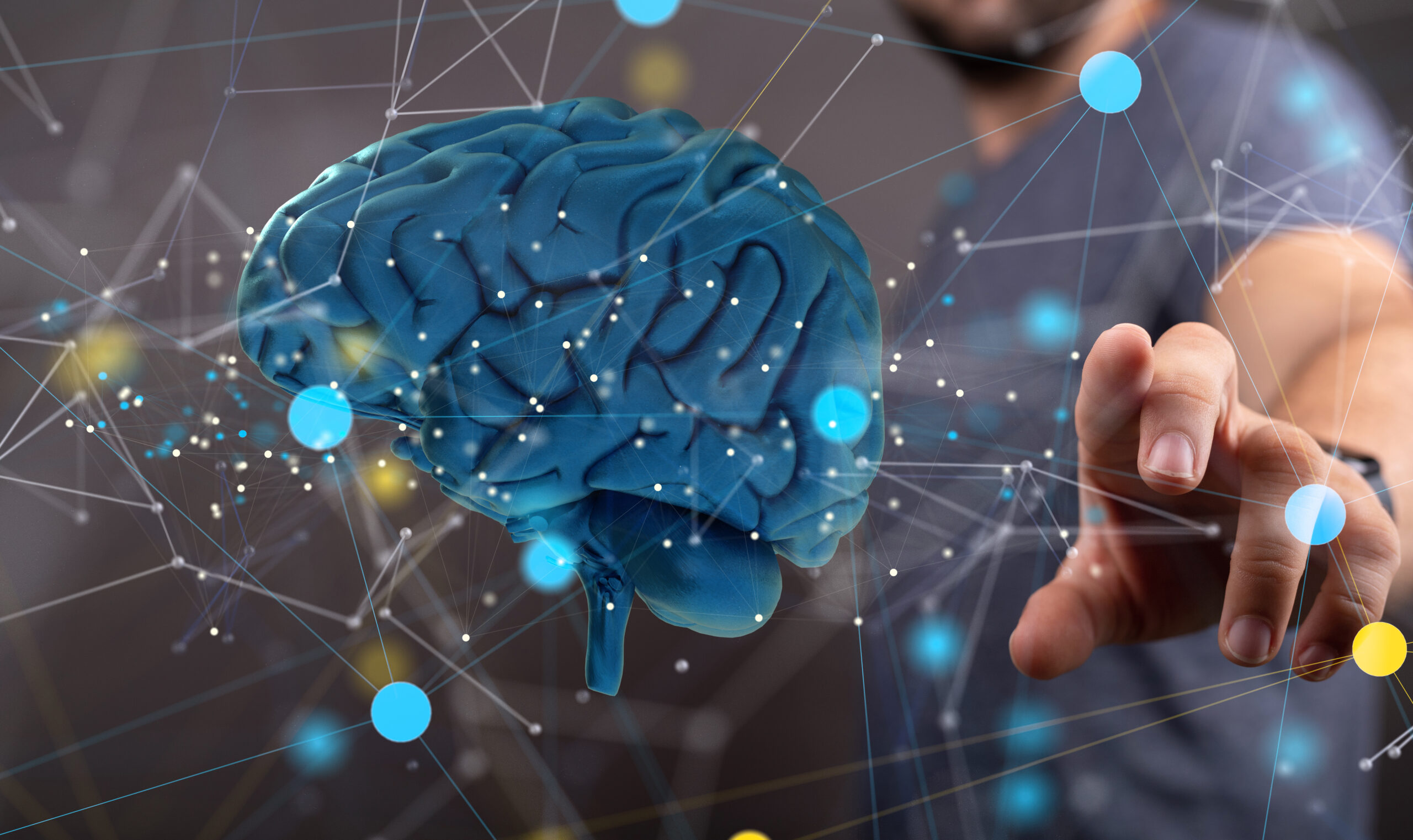MEMORY TRAINING

About Course
This memory training course is designed for individuals of all ages and backgrounds who are looking to enhance their memory skills and cognitive abilities. Whether you are a student seeking to improve your academic performance, a professional aiming to stay sharp and productive in your career, or simply someone who wants to keep their mind active and healthy, this course offers valuable techniques and strategies that can be applied to various aspects of daily life.
About the Course:
Module 1: THE SIGNIFICANCE OF MEMORY TRAINING
This module provides an introduction to the importance of memory training and its wide-ranging benefits. It explores how enhancing memory skills can positively impact academic success, professional performance, cognitive health, personal relationships, and overall well-being.
What Will You Learn:
- The crucial role memory plays in daily life
- How memory training can improve academic performance
- The benefits of memory training for professionals in various fields
- The impact of memory training on cognitive health and well-being
- Techniques to enhance memory, such as mnemonics, visualization, and spaced repetition
Module 2: Mastering the Fundamentals of Memorization
This module delves into the key principles and techniques that form the foundation of effective memorization. It covers essential strategies such as attention and focus, repetition and rehearsal, organization and chunking, elaboration and association, spaced repetition, multi-sensory learning, and metacognition.
What Will You Learn:
- The importance of attention and focus in the memorization process
- Techniques for active rehearsal and repetition to reinforce memory
- Strategies for organizing and chunking information for better retention
- The role of elaboration and association in creating meaningful connections
- The benefits of spaced repetition and retrieval practice
- How to engage multiple senses to create robust memories
- The significance of metacognition and self-reflection in optimizing learning
Module 3: Unleashing the Power of the Memory Palace
This module introduces the Memory Palace technique, a powerful mnemonic device that leverages spatial navigation and visual imagery to enhance memory. It explores the origins, principles, and practical applications of this ancient technique, along with its cognitive benefits.
What Will You Learn:
- The history and principles behind the Memory Palace technique
- How to create a mental journey through a familiar location
- Techniques for associating information with specific points along the journey
- Strategies for creating vivid and memorable visual associations
- The flexibility and adaptability of the Memory Palace for various types of information
- The cognitive benefits of using the Memory Palace technique
- Tips for regular practice and review to strengthen the effectiveness of the technique
Module 4: Empowering Your Memory in Everyday Life
This module explores a range of practical memory techniques that can be easily incorporated into daily life to boost recall, retain important information, and navigate everyday challenges with greater ease and confidence.
What Will You Learn:
- How to use mnemonic devices such as acronyms and acrostics
- Techniques for creating vivid visual associations to remember information
- Strategies for chunking information into manageable units
- The power of spaced repetition for long-term retention
- Elaborative rehearsal techniques to actively engage with information
- The keyword method for learning foreign language vocabulary or paired associations
- Using rhymes, songs, and storytelling to encode information in a memorable way
Module 5: Enhancing Social Connections through Memory Training
This module focuses on the practical application of memory training techniques in social situations. It covers strategies for remembering names, faces, and important details about people, as well as techniques for engaging in meaningful conversations and building stronger connections.
What Will You Learn:
- The face-name association method for remembering names
- Techniques for recalling important details about people’s lives and interests
- Strategies for engaging in productive conversations using memory techniques
- The role of memory training in building and maintaining social networks
- Applying memory techniques in professional contexts such as meetings and presentations
- Combining memory training with active listening, empathy, and effective communication
- The importance of regular practice and repetition for successful application in social situations
Course Content
Module 1 THE SIGNIFICANCE OF MEMORY TRAINING
-
Academic Benefits of Memory Training
00:00 -
Professional Benefits of Memory Training
00:00 -
Cognitive Health and Well-being
00:00 -
Quiz 1
Module 2 MASTERING THE FUNDAMENTALS OF MEMORIZATION
Module 3 UNLEASHING THE POWER OF THE MEMORY PALACE
Module 4 EMPOWERING YOUR MEMORY IN EVERYDAY LIFE
Module 5 ENHANCING SOCIAL CONNECTIONS THROUGH MEMORY TRAINING
Earn a certificate
Add this certificate to your resume to demonstrate your skills & increase your chances of getting noticed.

Student Ratings & Reviews

